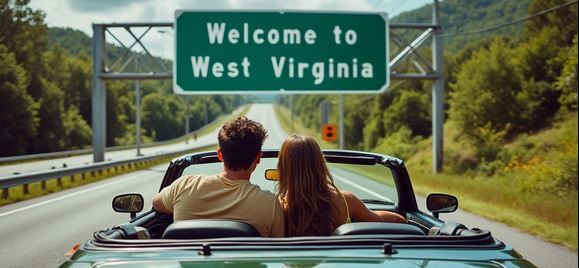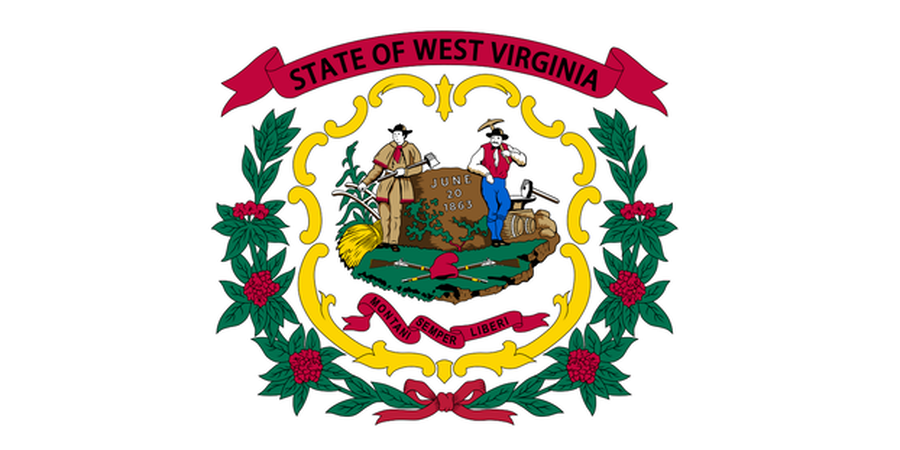WEST VIRGINIA, the Mountain State, is a land of rugged beauty, rich Appalachian culture, and fiercely independent spirit. Its linguistic landscape is as unique as its terrain, with dialects influenced by its Southern, Mid-Atlantic, and Midwestern neighbors. While the accents might vary, one word consistently emerges as a phonetic challenge, tripping up locals and visitors alike, earning it the title of West Virginia's most mispronounced word: "Kanawha."
What's the Most Mispronounced Word in the Mountain State?
This historic name, deeply woven into the fabric of the state, refers to a prominent river, a county, and several other geographical features, yet its pronunciation often defies common phonetic logic.
Why "Kanawha" Causes So Much Confusion
Upon first glance, many people are tempted to pronounce "Kanawha" with a hard "h" sound, perhaps emphasizing the "aw" sound as in "straw." Common mispronunciations might include "Kan-AW-ha" or "Kan-AH-wa."
However, the authentic, deeply ingrained West Virginian pronunciation significantly softens and often completely silences the "h," making it flow more like: "kuh-NAW-wuh."
Let's break it down:
- kuh: A soft, unstressed "kuh" sound.
- NAW: Rhymes with "paw" or "law." This is where the primary stress lies.
- wuh: A quick, unstressed "wuh" sound.
The key is that almost silent "h" and the distinct "NAW" sound in the middle. The "aw" sound is crucial, as many try to make it a short "a" or a long "o," which is incorrect. Once you hear a local say it correctly, the difference is striking and instantly recognizable.
More Than Just a Word: The Significance of Kanawha
"Kanawha" is not an obscure term; it's central to West Virginia's identity and history:
- Kanawha River: One of the state's most important waterways, formed by the confluence of the New and Gauley Rivers, playing a significant role in industry and transportation.
- Kanawha County: The largest county in West Virginia by population, home to the state capital, Charleston.
- Historical Roots: The name itself is derived from the Kanawha people, a Native American tribe, giving it deep historical resonance within the region.
Given its pervasive presence throughout the state – from geographical features to political subdivisions – the consistent mispronunciation of "Kanawha" firmly plants it as West Virginia's leading linguistic stumbling block. It's a subtle but effective shibboleth that often reveals who is truly familiar with the Mountain State.
Other West Virginian Verbal Hurdles (and why they don't quite top the list):
While "Kanawha" holds the crown, West Virginia has other names that can tie tongues:
- Monongahela: This river (and national forest) is a mouthful. It's generally pronounced "muh-non-guh-HEE-luh."
- Allegheny: The mountain range and county. Often mispronounced as "al-uh-GAY-nee" instead of "al-uh-GAY-nee." The difference is subtle stress and vowel length.
- Morgantown: While seemingly simple, sometimes the "g" is softened or the "town" is emphasized incorrectly. Locals just say "MORE-gun-town."
- Weirton: A city in the northern panhandle. It's typically pronounced "WEER-tun," not "WIRE-ton."
These names certainly present their challenges, but they tend to be either more geographically specific or the mispronunciations are less consistently widespread than with "Kanawha." The unique "h" omission and precise vowel sound in "Kanawha" make it a consistent source of error for a broader audience.
Embracing the Mountain State's Dialect
Mastering the pronunciation of "Kanawha" is a small but meaningful step toward understanding the unique linguistic tapestry of West Virginia. It's a fun quirk that connects you to the state's deep history and its vibrant local culture. So, the next time you're discussing the river or the capital county, remember: it's "kuh-NAW-wuh." You'll sound like a true Mountaineer!



